Author: Haley Lam | Image: Greg Clarke
Over the past few decades, our pace of life has become unprecedentedly fast. We need to face tremendous pressure rooted in our long working hours, schools and many more. A study in Hong Kong found that over 70% of university students suffer from insomnia (Sing and Wong, 2010). Insomniacs may need to take a long time to fall asleep or wake up many times in the middle of the night which deteriorates their sleep efficiency (the actual amount of time spent on sleeping). There are many possible ways that may help you to ease these problems. This article would introduce one possible method – listening to music.
Listening to relaxed, low tempo (around 60-80 beats per minute) music such as classical music for 45 minutes before sleep, appeared to improve subjective sleep quality (Harmat et al., 2007; Kavurmaci et al., 2020). Other than students, this method also works among adults and elderlies (Wang et al., 2014). The meta-analysis’s result also demonstrated that the more insomniacs listen to music before sleep, the better their improvement in sleep quality!
One reason contributing to the effectiveness of music on insomnia is that it may decrease the level of cortisol (Koelsch et al., 2011). As mentioned, the level of stress that Hong Kong residents are facing is a possible precipitating factor for insomnia, and cortisol is the main stress hormone of our body. The ability of soft music on regulating the level of cortisol may therefore explain its effectiveness in reducing sleep problems. Other possible reasons include the soothing effect of music and its effectiveness on counteracting troubling and anxious thoughts that might stop you from falling asleep (Pérez-Lloret et al., 2014).
Using music as a modality of non-pharmacological treatment could be easily applied in many settings. Of course, this might not be a hundred percent effective for you, but if you are currently having troubles with sleep, why not give it a shot before going into further treatments?
- Harmat, L., Takács, J., & Bódizs, R. (2008). Music improves sleep quality in students. Journal of Advanced Nursing, 62(3), 327–335.
- Kavurmaci, M., Dayapoglu, N., & Tan, M. (2020). Effect of Music Therapy on Sleep Quality. Alternative Therapies in Health and Medicine, 26(4), 22–26.
- Koelsch, S., Fuermetz, J., Sack, U., Bauer, K., Hohenadel, M., Wiegel, M., Kaisers, U. X., & Heinke, W. (2011). Effects of Music Listening on Cortisol Levels and Propofol Consumption during Spinal Anesthesia. Frontiers in Psychology, 2, 58–58.
- Pérez-Lloret, S., Diez, J., Domé, M., Delvenne, A., Braidot, N., Cardinali, D., & Vigo, D. (2014). Effects of different “relaxing” music styles on the autonomic nervous system. Noise & Health, 16(72), 279–284.
- Sing, C. Y, & Wong, W. S. (2010). Prevalence of Insomnia and Its Psychosocial Correlates Among College Students in Hong Kong. Journal of American College Health, 59(3), 174–182.




